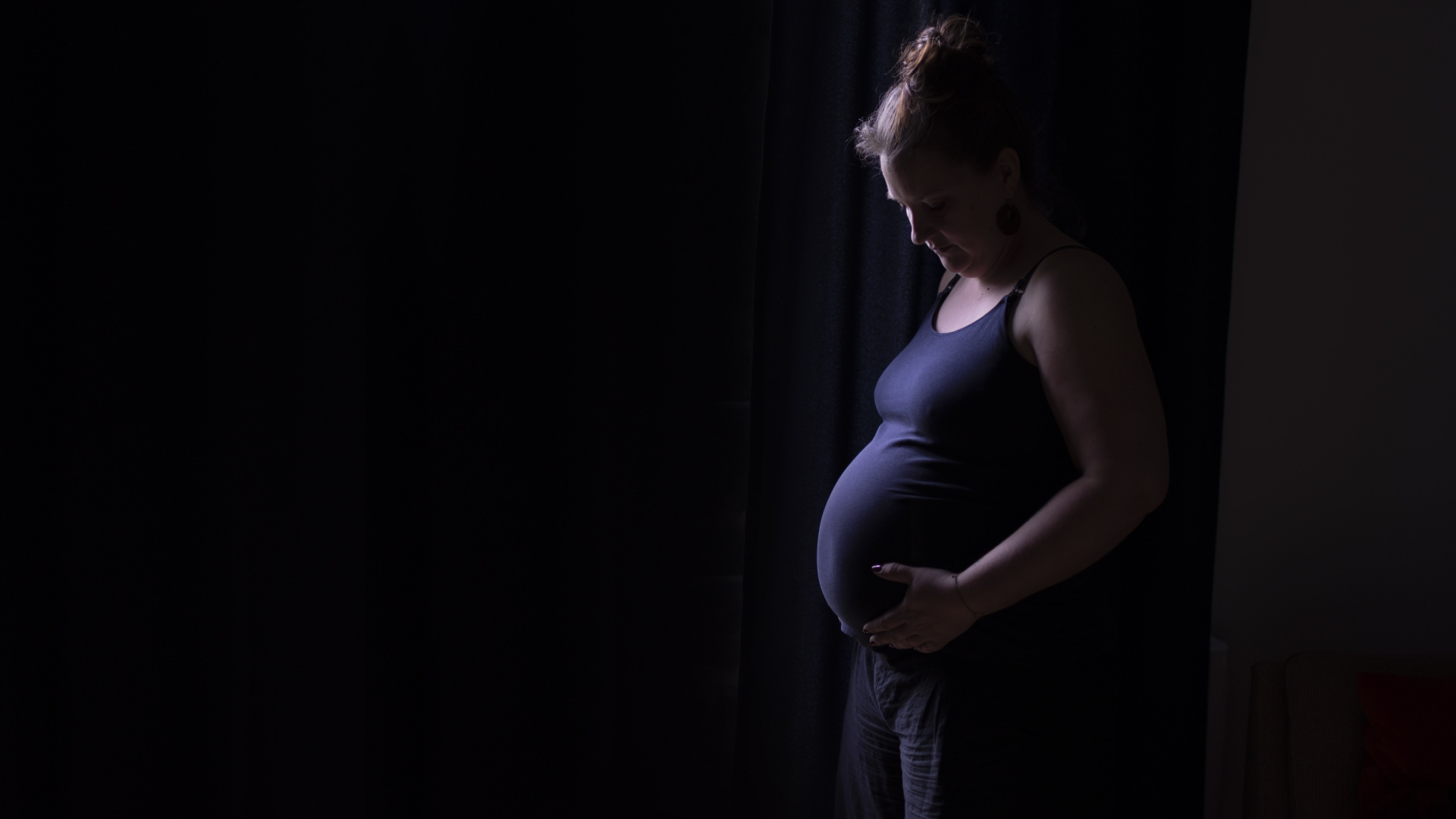Why do we blink?
Why are humans constantly blinking?

Get the world’s most fascinating discoveries delivered straight to your inbox.
You are now subscribed
Your newsletter sign-up was successful
Want to add more newsletters?

Delivered Daily
Daily Newsletter
Sign up for the latest discoveries, groundbreaking research and fascinating breakthroughs that impact you and the wider world direct to your inbox.

Once a week
Life's Little Mysteries
Feed your curiosity with an exclusive mystery every week, solved with science and delivered direct to your inbox before it's seen anywhere else.

Once a week
How It Works
Sign up to our free science & technology newsletter for your weekly fix of fascinating articles, quick quizzes, amazing images, and more

Delivered daily
Space.com Newsletter
Breaking space news, the latest updates on rocket launches, skywatching events and more!

Once a month
Watch This Space
Sign up to our monthly entertainment newsletter to keep up with all our coverage of the latest sci-fi and space movies, tv shows, games and books.

Once a week
Night Sky This Week
Discover this week's must-see night sky events, moon phases, and stunning astrophotos. Sign up for our skywatching newsletter and explore the universe with us!
Join the club
Get full access to premium articles, exclusive features and a growing list of member rewards.
Have you ever had a staring contest? It can be difficult to keep your eyes open for long periods of time because of the natural instinct to blink. But why do we need to blink?
There are two main reasons, said Dr. Brenda Pagan-Duran, a clinical spokesperson for the American Academy of Ophthalmology and an ophthalmologist in New Jersey. First, blinking clears away particles from the eyes. "If there's a foreign body, it helps get rid of it," she told Live Science. "It might be under the eyelid or something that blew in."
Second, blinking lubricates the eyeballs. The eyes need a smooth surface for light to properly focus on, so vision doesn't become blurry. Blinking releases a tear film — which mostly consists of water, oil and mucus — to keep the surface of the eyeball smooth. It also prevents the eye from drying out, which can be uncomfortable. "When you have a large area of dryness, it almost feels like a scratch on your cornea," which is the eye's outer protective layer, Pagan-Duran said. This can be very painful, because there are many nerve endings in the cornea.
Related: Why do we have eyebrows and eyelashes?
The tear film also supplies oxygen to the eye. Blood vessels don't reach the cornea, but the tear film directly transfers oxygen to it. The film also contains enzymes that fight bacteria and help prevent the eye from becoming infected.
Blinking helps during emotional times, too. When you cry, you blink more often to clear away the tears, Pagan-Duran said. This prevents them from building up a lake on the eye, which could blur vision.
Blinking is a reflex. It happens involuntarily, but you can also make yourself blink. It takes the average person 400 milliseconds to blink, Pagan-Duran said. Most people blink somewhere between 10 and 20 times per minute, usually around 15 or 16 times, she added. However, there are some circumstances that make people blink more or less often.
Get the world’s most fascinating discoveries delivered straight to your inbox.
For example, you may blink more frequently if there's something in your eye. Certain conditions, such as an ingrown eyelash, can make it feel like there's something in your eye, which makes you blink more. Allergies, pink eye and other types of inflammation can also trigger the reflex. Some people have tics, or habitual involuntary movements, that lead them to blink frequently, and stress and anxiety can make you blink more too, according to Pagan-Duran. If you have uncorrected vision problems, you may blink more often because your eyes are naturally trying to correct the blurry vision.
If there is damage to the facial nerve, which is responsible for closing the eyelid, a person may blink more slowly or less often, Pagan-Duran said. Fatigue and some medications can cause a similar effect. When you're focusing on something like watching a movie, you may blink less to strengthen your focus. For example, when reading, people tend to blink at the end of a sentence rather than in the middle, she said.
People blink more often than is needed to lubricate the eye, which may be to give the brain a short rest, according to a 2013 study published in the journal Proceedings of the National Academy of Sciences. "It's not purely the technical part of protecting the eyeball and lubricating and clearing particles," Pagan-Duran said. "It's more of an issue of when, exactly, to give that small mental break to the brain."
Originally published on Live Science.

Tyler Santora is a freelance science and health journalist based out of Colorado. They write for publications such as Scientific American, Nature Medicine, Medscape, Undark, Popular Science, Audubon magazine, and many more. Previously, Tyler was the health and science Editor for Fatherly. They graduated from Oberlin College with a bachelor's degree in biology and New York University with a master's in science journalism.
 Live Science Plus
Live Science Plus











